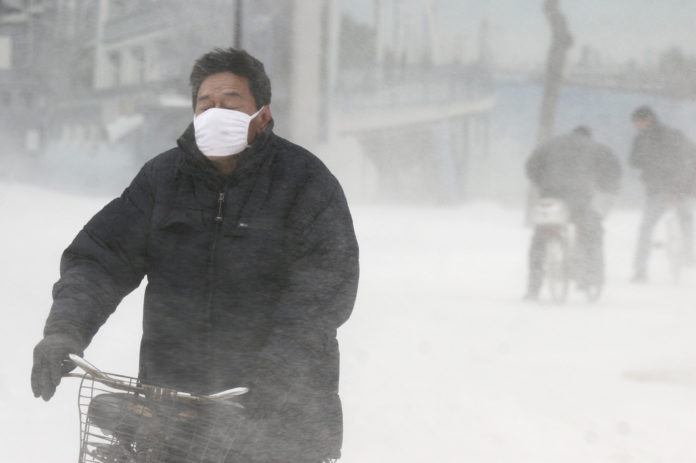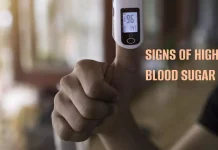COVID-19 is causing more severe cases and deaths in cold weather, a new study suggests. New research suggests SARS-CoV-2 infections may be more severe in colder months than warmer ones. The new study also hypothesized that dry indoor air may encourage its spread. The new analysis concluded that severe COVID-19 outcomes decreased as the pandemic progressed from winter to the warmer months.
Researchers analyzed data from 6,914 COVID-19 patients admitted to the hospital. These were from Croatia, Spain, Italy, Finland, Poland, Germany, the UK, and China. The team mapped the data against local temperature and estimated indoor humidity they found that severe cases dropped in most European countries during the transition from winter to early summer. There was a 15% decrease in mortality for every 1 C (1.8 F) rise in temperature. The study suggests the temperature drop was associated with a decrease in death rates.
the study suggests the temperature drop was associated with a decrease in death rates. During the first wave of the pandemic, which occurred throughout the winter the severity of symptoms and mortality rate remained constant in China. The study also looked at data from more than 37,000 UK users of a symptoms app.
Data showed a similar decrease in the severity of reported symptoms from March through May. Researchers argue that the changes were too drastic to be justified by medical advancements n the treatment of COVID-19. Their findings suggest there is a seasonal influence on the virus while the study shows a connection between temperature and severity of symptoms.
Researchers do not know why this is happening. One explanation is that low temperatures slow down the normal mucus clearing of viral infections in our nasal passages. The coronavirus can still spread in hot, humid countries in East Asia but the severity and mortality rates in these areas have been lower than in Europe.
-
The coronavirus SARS-CoV-2 is spread through respiratory droplets that leave our mouth and nose when we cough, sneeze, or sometimes even talk. The droplets sprayed out by an infected person will contain the virus, which could then enter your body via your mouth, nose, or eyes (this is why you shouldn’t be touching your face).
-
Respiratory droplets don’t usually travel more than one meter, so by keeping two meters from others, you’ll reduce the likelihood of being in the firing line. To make it easier to keep your distance, try to shop during off-peak hours, choose a store that’s limiting the number of people who can be inside at any one time, and use self-checkout if you can.
-
Keeping your hands clean is the other main thing you can do. If possible, wipe the trolley or basket handles with a disinfectant wipe when you arrive at the store. When you get home, wash your hands or use hand sanitizer before and after unpacking your bags.
-
A study suggests found that the coronavirus can survive for up to 24 hours on cardboard, and up to three days on hard, shiny surfaces such as plastic, so wiping down your purchases with a disinfectant spray or a soapy cloth before you put them away is another good habit to get into.
See Also
- Indoor heating during the winter season may also increase the spread of the disease. Heating dries out the protective mucus barrier within the nose and airways which means less protection from viral infections. Therefore scientists argue for increased humidity and hydration as a way to limit the spread and impact of the coronavirus.










